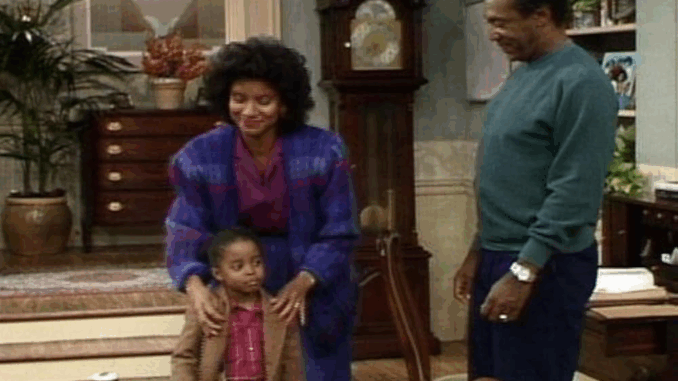
When The Cosby Show premiered on NBC in September 1984, it didn’t just become a hit — it redefined an entire television genre. In an age when sitcoms were beginning to lose steam and the networks struggled to produce content that resonated with broad audiences, The Cosby Show brought heart, intelligence, and a fresh comedic voice to prime time. Its influence helped revive the traditional family sitcom while paving the way for a new era of thoughtful, character-driven television.
Redefining the Family Sitcom Formula
Sitcoms of the early 1980s were often formulaic, relying heavily on canned laughter, outlandish characters, and shallow plotlines. The Cosby Show broke away from that mold with a style that was grounded in reality, yet effortlessly funny.
What made the show unique was its focus on the everyday life of an upper-middle-class African American family — the Huxtables — without sensationalism or stereotype. Episodes centered on school troubles, parenting challenges, sibling rivalry, and generational differences, all delivered with warmth, wit, and moral insight. It was funny, yes, but it was also meaningful.
Bill Cosby’s brand of humor — observational, calm, and family-oriented — helped re-center sitcoms around relatable dialogue and life lessons. The show’s writing emphasized natural conversation and subtle comedy, influencing a host of sitcoms that came after it.
A Production Revolution
Beyond its writing and themes, The Cosby Show revolutionized the production approach to sitcoms. It favored realistic sets, strong ensemble casting, and storytelling that didn’t rely on outrageous premises or laugh-a-minute punchlines. Episodes often featured jazz music and cultural references, which added a level of sophistication rarely seen in sitcoms at the time.
The show also broke from the typical “problem-resolution” structure of many 80s comedies. Instead of wrapping up every issue neatly, it allowed space for open-ended conversations — encouraging viewers to reflect, not just laugh.
Boosting Network Television
NBC was struggling in the ratings battle when The Cosby Show debuted. Within a year, it became the number-one show in America, helping the network climb to the top and establishing Thursday night as “Must See TV.” It proved that well-written, family-centered sitcoms could not only attract massive audiences but also bring cultural credibility.
Its success also demonstrated that Black-led shows could appeal to all demographics — a powerful statement in the racially segmented media landscape of the 1980s.
An Enduring Blueprint
The show’s influence on the sitcom format is evident in the decades that followed. Series like Full House, Family Matters, The Fresh Prince of Bel-Air, and even modern shows like Black-ish owe a debt to the storytelling blueprint established by The Cosby Show: focus on character depth, multi-generational dynamics, and grounded humor that speaks to real-life experiences.
While its legacy has been complicated by the real-life controversies surrounding its creator, the show’s structural contributions to the sitcom genre remain undisputed. It brought emotional intelligence to comedy and helped redefine what television — especially family sitcoms — could be.